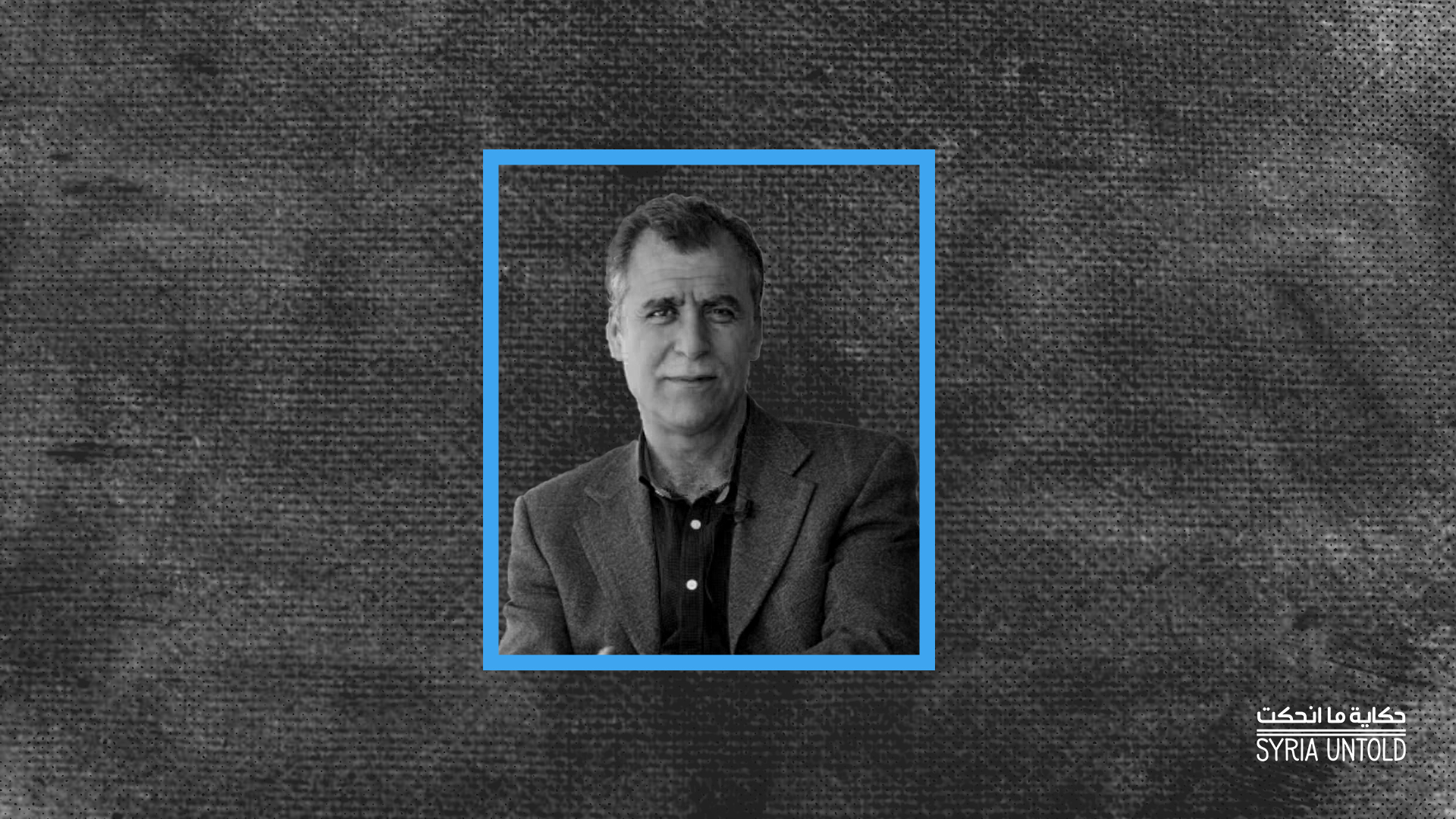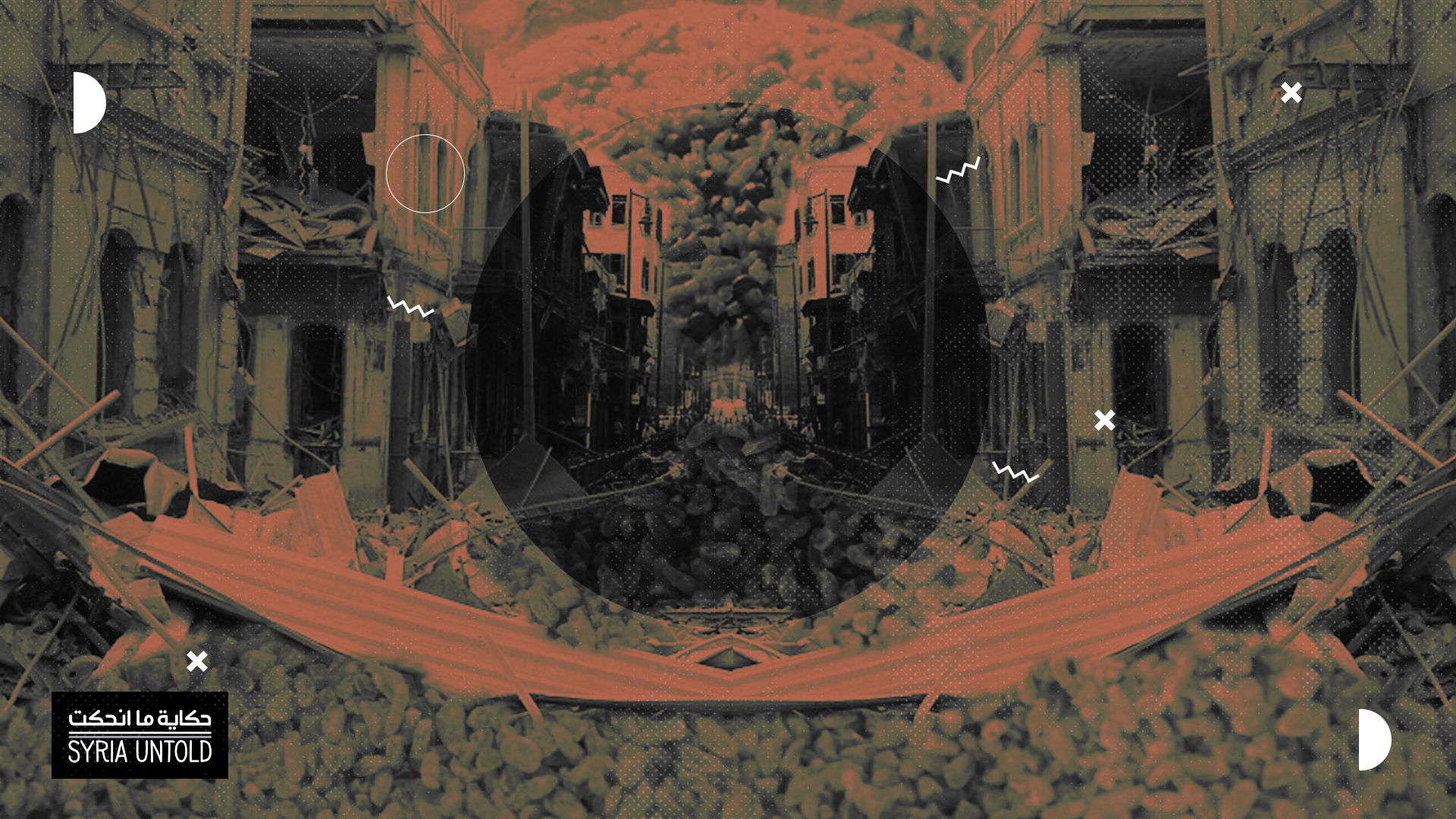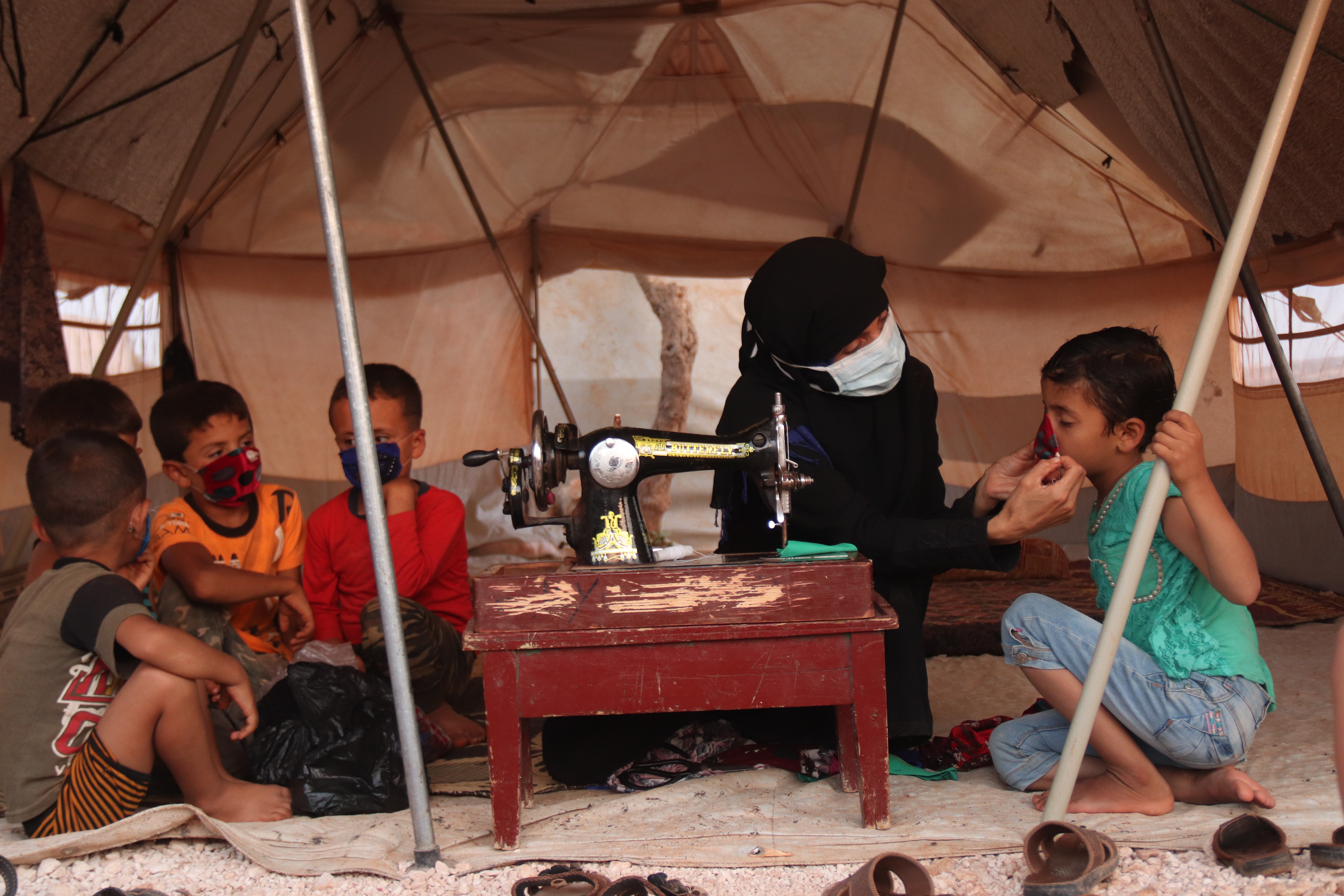Ownership of chemicals that exploded at Beirut port traces back to Ukraine (OCCRP)
“A year after a massive shipment of ammonium nitrate exploded in Beirut, an OCCRP investigation has settled one of the biggest lingering questions: who actually owned the cargo. A trail of documents reveals a decades-old chemical-trading network controlled by Ukrainians, hidden behind a veil of proxies and shell firms.” Read more
Rateb Shabo: ‘Politics disappears amid violence’
17 September 2021
Taking sides in the great war of mujaddara
20 September 2021
Syrian detention camp rocked by dozens of killings blamed on Islamic State women (The Washington Post)
“The killings have taken on a creeping sense of inevitability, guards say. No one admits to hearing them, let alone knowing who is responsible.
On a recent morning, officials inside al-Hol detention camp said it was still too dangerous to try recovering the latest pair of corpses discovered overnight. ‘We’re still investigating,’ said an exhausted camp guard, slumping in her office chair, her shirt rumpled and ponytail messy after a night without sleep.” Read more
Displaced: From Beirut to Los Angeles to Beirut (The Markaz Review)
“My friends in Beirut and I were born into these and nearby communities and grew up in families and spaces fraught with the collective memory of extreme violence and dislocation. Such internalized histories of dispossession persist. Across geographies. Across generations. They remain under your skin. They do not leave you in peace.” Read more
War-ravaged Syrian rebel area struggles with virus surge (Al Jazeera)
“Coronavirus cases are surging to the worst levels of the pandemic in a rebel stronghold in Syria, a particularly devastating development in a region where dozens of hospitals have been bombed and that doctors and nurses have fled in droves during 10 years of war.” Read more
Cairo’s antique elevators, glorious and glitchy, are scenes of love and fear (The New York Times)
“When you live in downtown Cairo, a neighborhood of European-meets-Egyptian facades in various states of faded grandeur, roundabouts whizzing with traffic and storefronts patchworked in riotously mismatched signage, it helps to cultivate a certain tolerance for features like relentless honking, rundown real estate and geriatric elevators.
Hager Mohamed was willing to brave the first two. The last, not so much.” Read more







